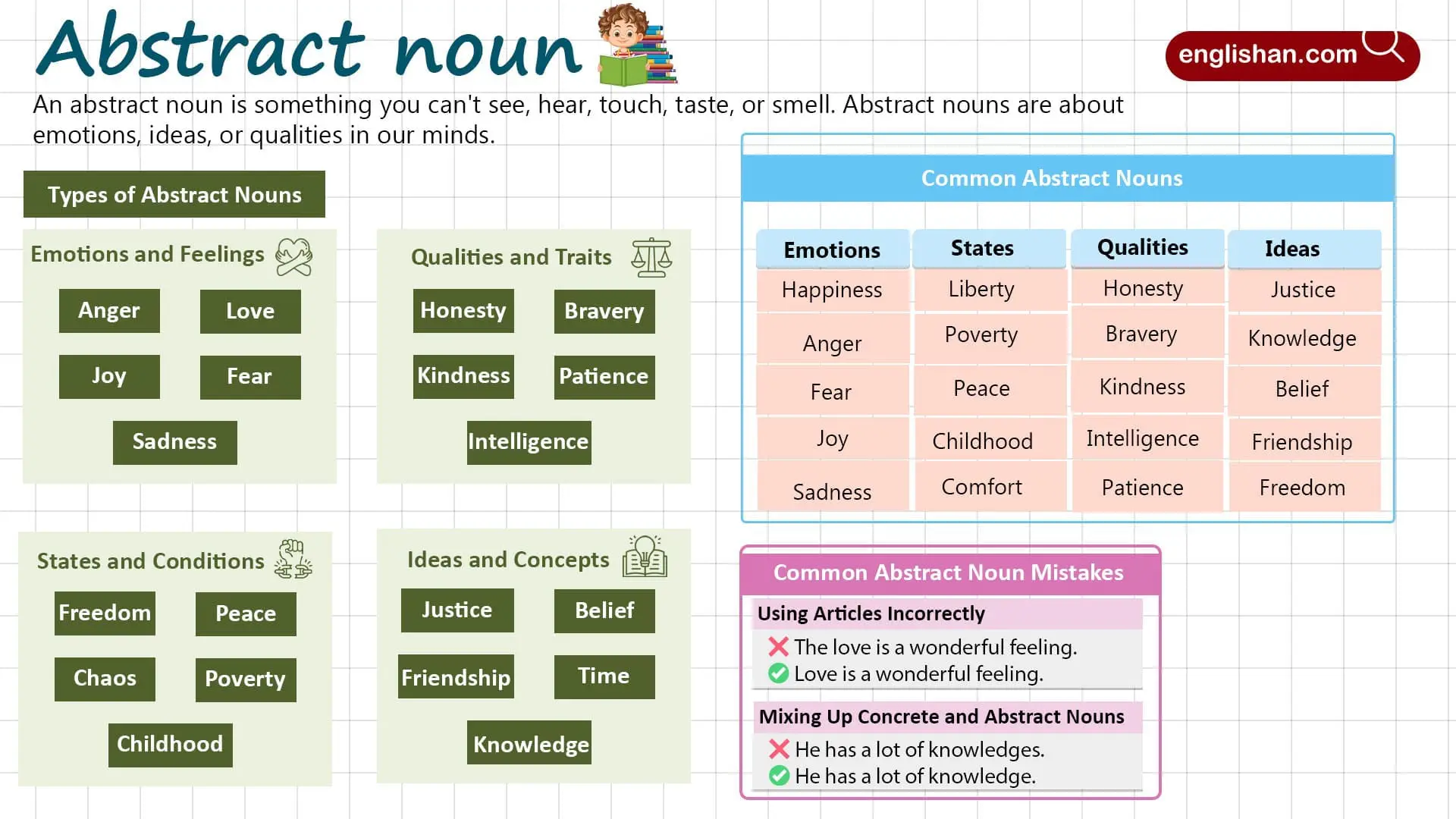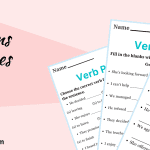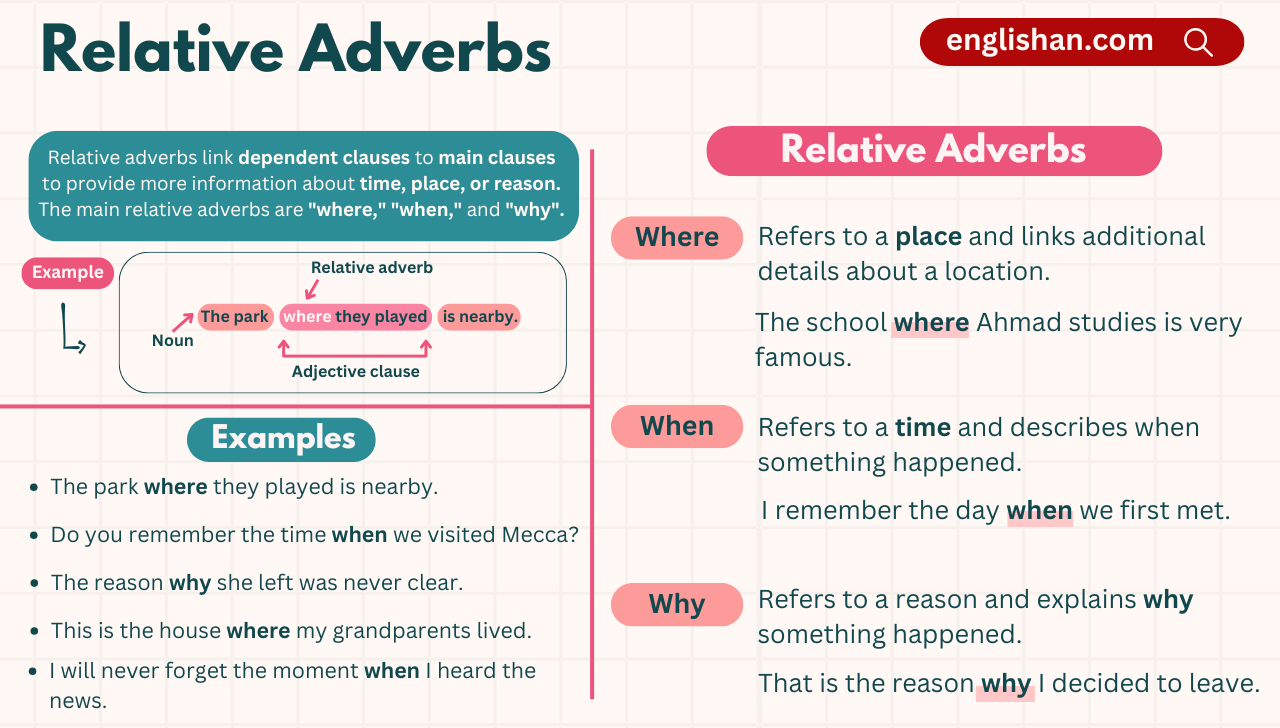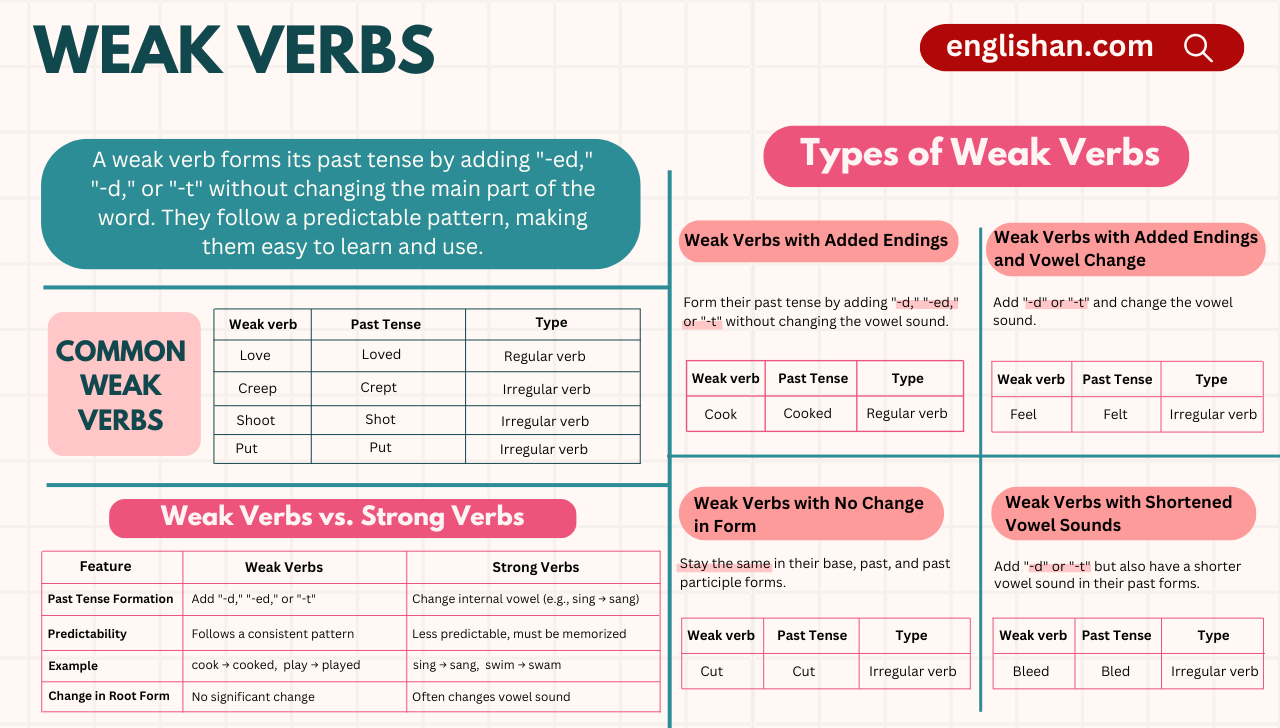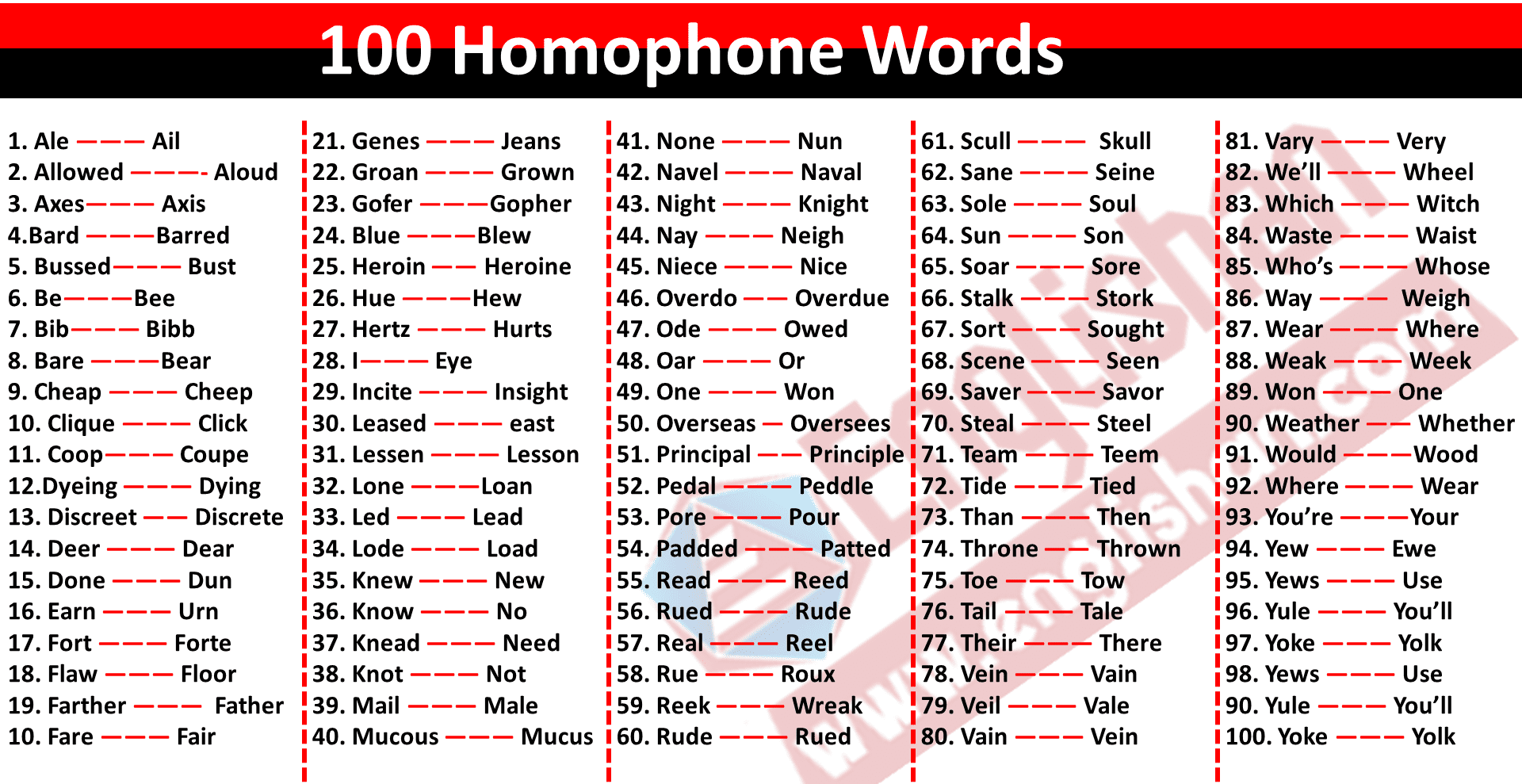Abstract nouns are words that describe things we can’t see or touch, like feelings, ideas, or qualities. They help us talk about emotions, thoughts, and experiences that aren’t physical but are still real, like love, happiness, or courage. These words let us express things we can’t experience with our senses.
What is an Abstract Noun?
An abstract noun is a word for something you cannot see, touch, hear, taste, or smell. It names a feeling, idea, or quality instead of a physical thing. These nouns describe what happens in your mind or emotions.
Here are key examples of abstract nouns:
- Happiness: A feeling of joy or peace.
- Love: A deep emotion of care and connection.
- Freedom: The power to act or think without limits.
- Strength: The ability to face difficulty without giving up.
- Kindness: A thoughtful act that helps others.
You cannot point to these words, but they help express how people feel and think.

Types of Abstract Nouns
Abstract nouns can be grouped based on what they describe. Each type refers to something that cannot be seen, touched, or measured, but is understood in thought or feeling. Below are the four main types of abstract nouns used in English.
Emotions and Feelings
These nouns describe inner emotional experiences. They are uncountable and often express how a person feels.
- Used to describe mental or emotional states
- Cannot be seen or touched
- Often function as subjects or objects in a sentence
Examples:
- Love
- Anger
- Joy
- Fear
- Sadness
States and Conditions
These refer to a person’s situation or way of being. They describe general life conditions or stages.
- Usually uncountable and used without articles
- Formed from adjectives or base words
- Often describe circumstances over time
Examples:
- Freedom
- Peace
- Chaos
- Childhood
- Poverty
Qualities and Traits
These nouns describe personal characteristics or internal features. They are often formed by adding suffixes to adjectives.
- Talk about someone’s nature or behavior
- Common in both everyday and academic English
- Cannot be measured physically
Examples:
- Honesty
- Bravery
- Intelligence
- Kindness
- Patience
Ideas and Concepts
These nouns refer to thoughts, beliefs, or social principles. They are understood mentally and are often used in formal or general discussions.
- Represent mental understanding or shared beliefs
- Frequently appear in discussions about values and learning
- Not tied to physical actions or things
Examples:
- Friendship
- Justice
- Knowledge
- Belief
- Time
List of Abstract Nouns
Here is a list of commonly used abstract nouns in English:
| Emotions | States | Qualities | Ideas |
|---|---|---|---|
| Happiness | Liberty | Honesty | Justice |
| Anger | Poverty | Courage | Freedom |
| Fear | Peace | Kindness | Wisdom |
| Joy | Childhood | Patience | Friendship |
| Sadness | Comfort | Loyalty | Knowledge |
| Love | Chaos | Bravery | Belief |
| Excitement | Stability | Integrity | Imagination |
| Frustration | Growth | Generosity | Thought |
| Pride | Illness | Creativity | Truth |
| Envy | Relaxation | Determination | Dream |
| Surprise | Recovery | Sincerity | Hope |
| Disgust | Confusion | Compassion | Faith |
| Grief | Improvement | Humility | Inspiration |
| Loneliness | Transition | Confidence | Strategy |
| Satisfaction | Dependency | Flexibility | Logic |
| Nostalgia | Decline | Discipline | Concept |
| Awe | Independence | Fairness | Philosophy |
| Contentment | Adaptation | Respect | Vision |
| Embarrassment | Harmony | Tolerance | Principle |
| Anticipation | Vulnerability | Gratitude | Plan |
Abstract Nouns Example Sentences
Abstract nouns can be used as subjects or objects in sentences and are often paired with adjectives to add more detail.
Here are 20 easy sentences:
- She was full of joy after hearing the news.
- He showed great bravery during the storm.
- We all need kindness in our lives.
- They worked together in peace.
- She spoke with honesty about her mistake.
- The teacher had a lot of patience with the students.
- He felt strong love for his pet.
- The room was filled with laughter.
- There was sadness in her eyes.
- He showed respect to his grandparents.
- Her anger was hard to hide.
- He lived in poverty as a child.
- They made a promise of friendship.
- She had great wisdom for her age.
- He faced the challenge with courage.
- We must fight for justice.
- She never gave up and showed true strength.
- He smiled with pride after his success.
- She always acts with grace.
- They moved forward with hope in their hearts.
Common Words and Their Abstract Nouns
- Brave → Bravery
- Strong → Strength
- Wise → Wisdom
- Poor → Poverty
- Cruel → Cruelty
- Child → Childhood
- Beautiful → Beauty
- Happy → Happiness
- Kind → Kindness
- Laugh → Laughter
- Long → Length
- King → Kingship
- Know → Knowledge
- Friend → Friendship
- Proud → Pride
- True → Truth
- Dark → Darkness
- Humble → Humility
- Angry → Anger
- Coward → Cowardice
- Free → Freedom
- Grow → Growth
- Hero → Heroism
- Heroic → Heroism
- Honest → Honesty
- See → Sight
- Thief → Theft
- Deep → Depth
- Generous → Generosity
- Good → Goodness
- High → Height
- Please → Pleasure
- Think → Thought
- Wide → Width
- Young → Youth
- Live → Life
- Mother → Motherhood
- Slave → Slavery
- Act → Action
- Boy → Boyhood
- Choose → Choice
- Hate → Hatred
- Just → Justice
- Man → Manhood
- Motherly → Motherliness
Common Abstract Noun Mistakes
Abstract nouns can be tricky for English learners, who may confuse them with concrete nouns. Here are some common mistakes involving them and how to avoid them.
Mistake 1: Using Articles Incorrectly with Them
They usually do not need an article, especially when talking about the concept in general.
- ❌ The love is a wonderful feeling.
- ✅ Love is a wonderful feeling.
Mistake 2: Mixing Up Concrete and Abstract Nouns
Sometimes, people confuse concrete nouns with abstract ones.
- ❌ He has a lot of knowledges. (Incorrect)
- ✅ He has a lot of knowledge. (Correct)
Summary
Abstract nouns represent feelings, qualities, states, or ideas that we cannot see or touch, but they are important for expressing our thoughts and emotions. By understanding how to use them, you can improve your writing skills and make your expression clearer. Remember to use them correctly and avoid common mistakes like using the wrong articles or overusing them.
FAQs
Abstract nouns are words that name ideas, feelings, or things you can’t see or touch.
Examples:
1. Love
2. Happiness
3. Freedom
4. Bravery
5. Wisdom
These are things you feel or think about, but can’t physically touch.
Here are 10 abstract nouns:
1. Love
2. Happiness
3. Freedom
4. Courage
5. Wisdom
6. Fear
7. Joy
8. Peace
9. Pride
10. Knowledge
The abstract noun of brave is bravery. It refers to the quality of showing courage in difficult situations.
The abstract noun of strong is strength. It means the state or quality of being powerful in body or mind.
The abstract noun of wise is wisdom. It describes the ability to make good decisions based on knowledge and experience.
The abstract noun of poor is poverty. It refers to the condition of not having enough money or basic resources.
The abstract noun of cruel is cruelty. It describes the quality of causing pain or showing no concern for others’ suffering.
You May Also Like
